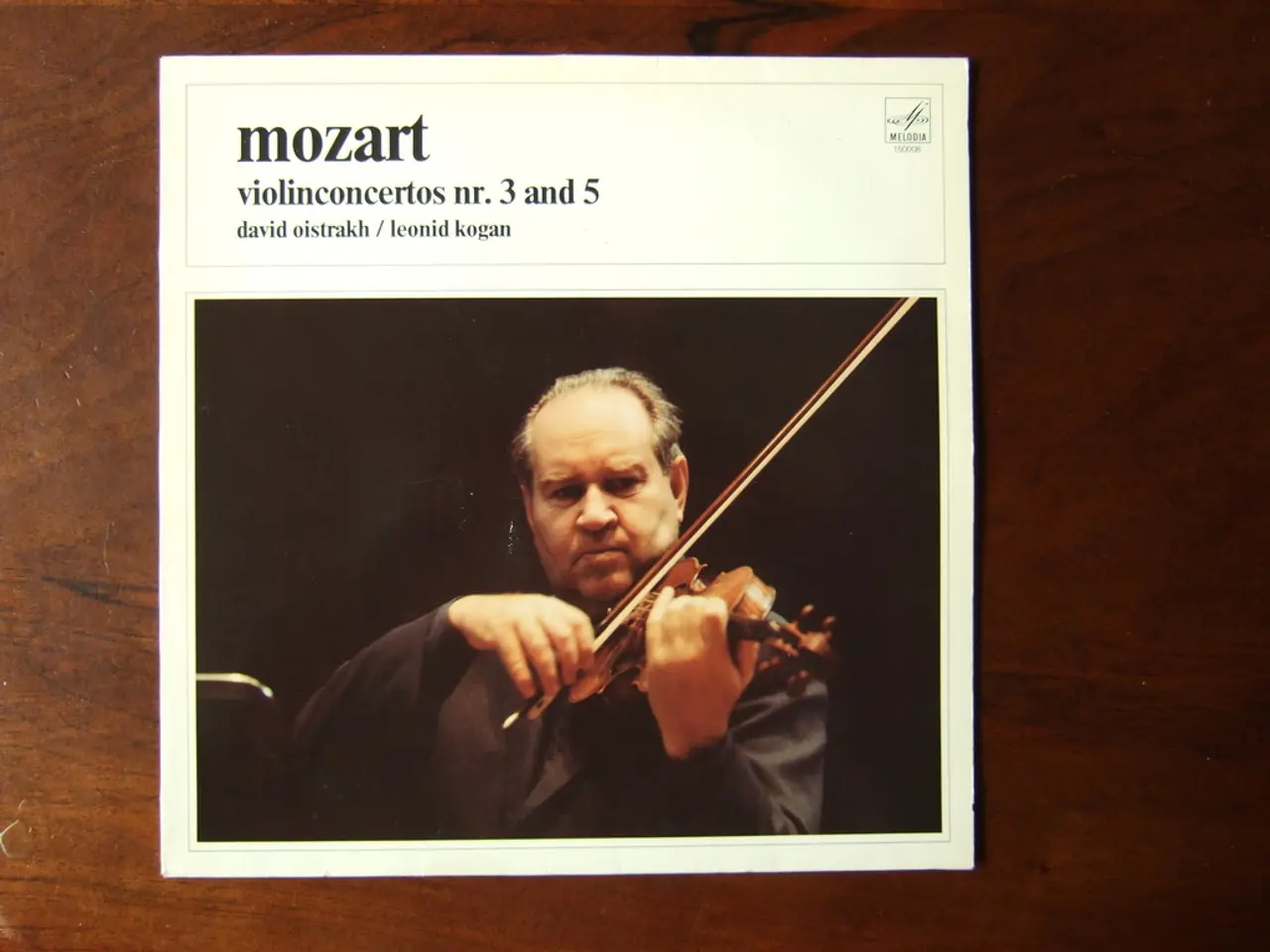Improvement Strategies for Striking Screenplays, Straight from the Champion Scribes
In the world of screenwriting, contests can be seen as more than just a validation of one's talent. Each contest should be viewed as an opportunity for training, networking, and exposure. Treat contests as stepping stones in your journey, learning from every experience, even from losses. Remember, growth often comes from collecting the right lessons.
To increase your chances of success, it's crucial to target the right contests and audiences. Researching judges and past winning scripts can help you understand what contests are looking for, positioning your script effectively.
Feedback is a vital component of screenwriting growth. It often leads to contest wins rather than luck or innate talent. Writers who apply feedback after several draft cycles consistently improve their contest rankings. Rewriting and iterating on a script is important to ensure it is polished and ready for submission.
Making a strong first impression with the opening pages of a script is essential. Balancing familiar structures with a fresh twist can make a script stand out. Reading aloud highlights awkward beats or clunky dialogue you'll miss on the page.
Being ruthless about contest rules and eligibility is important to avoid disqualification. Double-check length, file format, and genre before submission. Remove personal identifiers if blind judging is required. Track all rules in a submission log or checklist. Never gamble on a "close enough" fit-move on if your script does not match.
Professional formatting and presentation are key to making a good first impression. A clean, polished script shows respect for the judges' time and helps your script stand out.
Key strategies for winning screenwriting contests, as shared by contest winners, include refining your script through iterative feedback, crafting strong loglines and synopses, and leveraging networking and industry relationships.
Entering reputable contests like Nicholl, Austin, and ScreenCraft can help you gain valuable reader feedback, which helps to improve the script over multiple drafts without compromising the core vision or characters. Using this feedback iteratively can elevate your script to finalist or winning status.
A strong, concise logline and synopsis are crucial since decision-makers make quick judgments. Placing these clearly at the top of submissions and referencing recent comparable films shows industry awareness and helps position your script effectively. Being prepared with a polished second script also signals professionalism.
Networking and relationship-building amplify your chances because referrals increase script reads. Consistency, humility, and creating a recognizable personal brand help build social proof and open doors for direct outreach, pitchfests, and professional connections that turn contests into opportunities for development deals.
From a creative standpoint, writing stories that resonate personally and passionately helps your script stand out by connecting emotionally with readers and audiences. Dedication to mastering the craft and consistently working through obstacles is also key.
Handling rejection and notes as steps toward mastery is important for long-term growth as a writer. Segment feedback into actionable ideas and subjective takes. Keep a "critique log" of repeated notes to speed up your next revision. Normalize rejection-it means you're in the game, learning and adapting. Maintain a peer group for motivation and perspective during rough cycles.
A distinctive voice can help a script stand out and be more memorable. Clean, polished prose and dialogue are important for a script to be easy to read and engaging.
In summary, winning strategies include incorporating detailed, constructive contest feedback over multiple drafts, developing strong, business-savvy pitching elements, entering prestigious, recognized contests to gain credibility and exposure, building and leveraging industry relationships and referrals, and writing authentic, deeply felt stories with passion and persistence. These combined approaches increase both the quality of your screenplay and its visibility to decision-makers.
- To optimize your script's exposure and increase its chances of success, researching contests' requirements, judges, and past winning scripts can help position your script effectively, ensuring it meets the desired coverage and fits the contest's liability.
- Leveraging networking and industry relationships, such as building recognition with a distinctive voice and creating a personal brand, can provide valuable entertainment opportunities and amplify your script's exposure, potentially leading to development deals.






